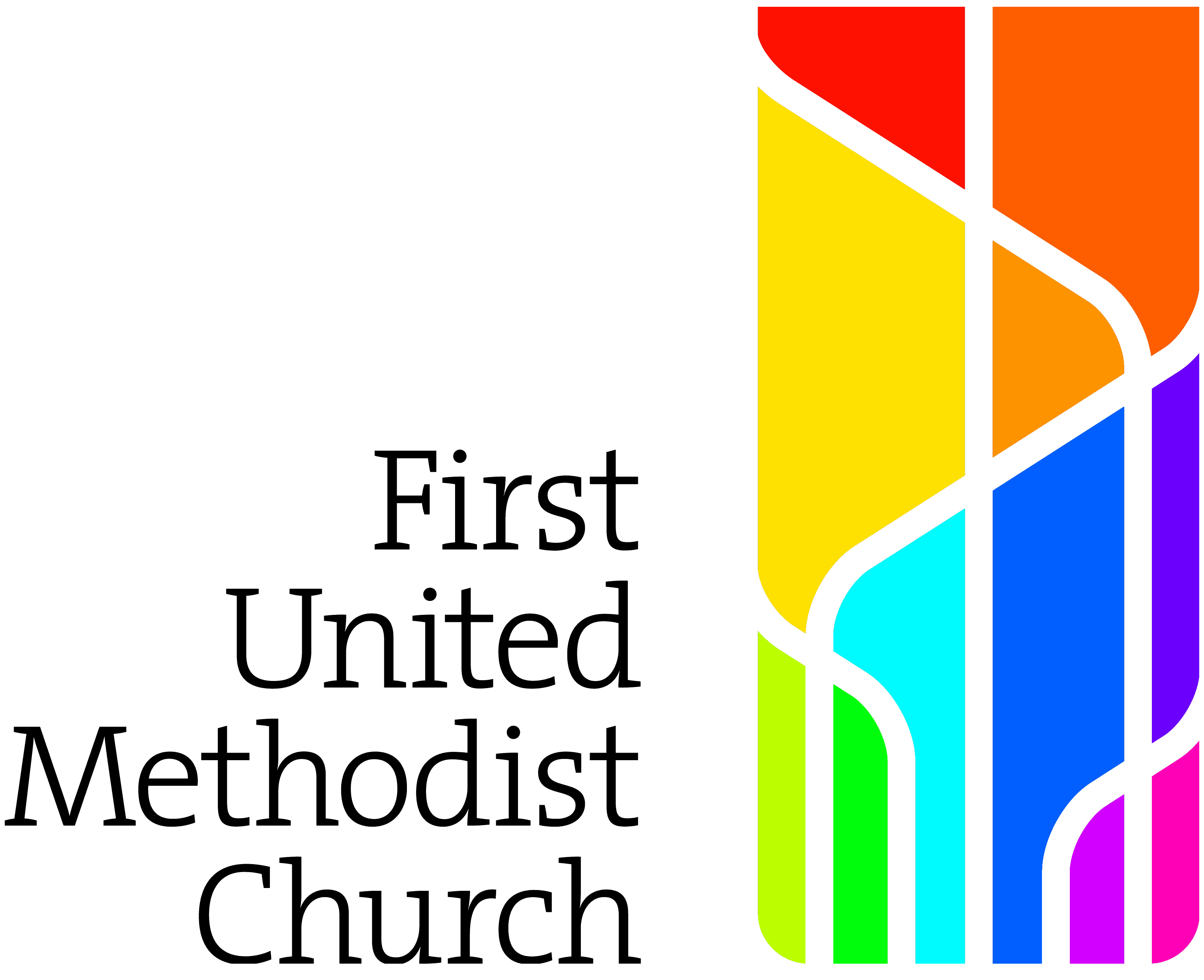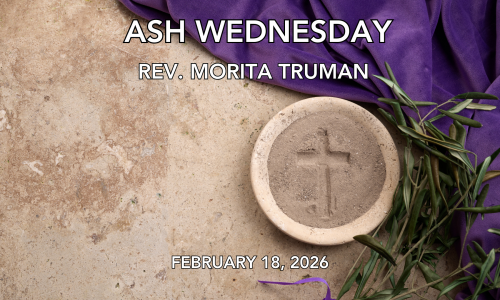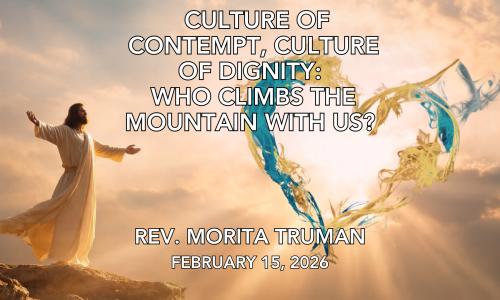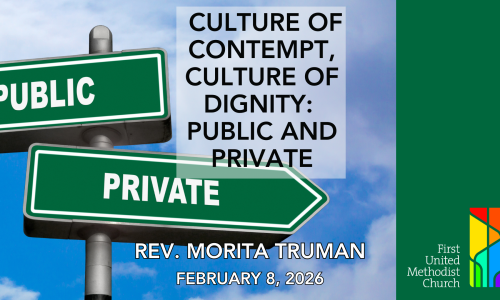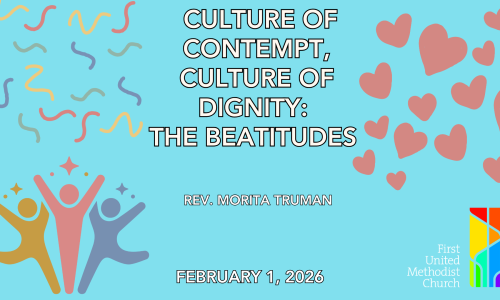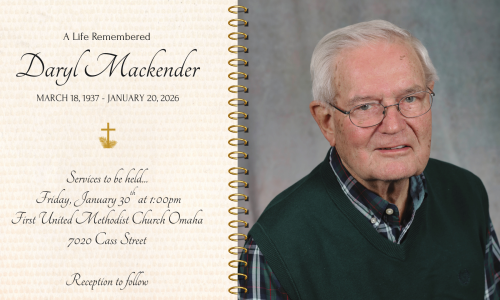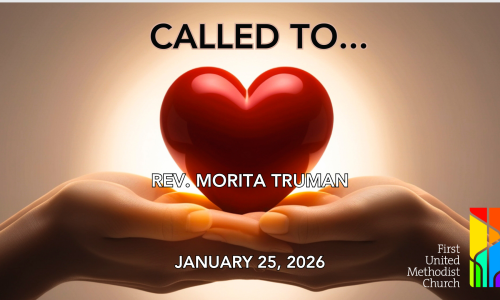WISDOM READINGS:
Buddhism. Sutta Nipata 1146
By faith you shall be free and go beyond the world of death.
Matthew 16:21-28
From that time on, Jesus began to show his disciples that he must go to Jerusalem and undergo great suffering at the hands of the elders and chief priests and scribes, and be killed, and on the third day be raised. And Peter took him aside and began to rebuke him, saying, “God forbid it, Lord! This must never happen to you.” But he turned and said to Peter, “Get behind me, Satan! You are a stumbling block to me; for you are setting your mind not on divine things but on human things.”
Then Jesus told his disciples, “If any want to become my followers, let them deny themselves and take up their cross and follow me. For those who want to save their life will lose it, and those who lose their life for my sake will find it. For what will it profit them if they gain the whole world but forfeit their life? Or what will they give in return for their life?
“For the Son of Man is to come with his angels in the glory of his Father, and then he will repay everyone for what has been done. Truly I tell you, there are some standing here who will not taste death before they see the Son of Man coming in his kingdom.”
Message – “Get Back in Line”
This past January, I was fortunate enough to visit Israel-Palestine with a few of my seminary classmates. The experience for me was beyond amazing: seeing many of the historical sights and settings of the stories of the Bible. And to get class credit for hiking and eating food, is by far my favorite way to learn. I’ll say for being in a place, and taking pictures of it, has been something I greatly love.
On my adventure, we stopped at a formation and I was instantly drawn to it. There was such brightness in the color of the rocks, and then the contrast of the dark cave which loomed below. I’ll admit I was so drawn to this formation; the pictures do not even do it justice. The colors were more vibrant than I could ever imagine. They were beyond anything. I stood in awe. But here is where the story of Jesus telling Peter, you will be my rock takes place. On this beautiful hillside with gorgeous rocks – but with the looming darkness below.
In ancient times, this location was known as the Grotto of Pan. Pan was a Pagan God, and this cave was the connection to the underworld. Just looking there: it is clear why people might have thought this. It is a bit spooky.
And this is the place where Jesus tells Peter, you’ll be my rock. You’ll build the church. Right here on this firm foundation. For as Kent raised last week: Peter is the one who recognizes Jesus as the Messiah, and we need to ask who God is for us? Who do we say God is?
For Peter, the answer was obvious, “Jesus is the Messiah”, but then just a few short verses later, Peter rebukes Jesus, and calls into question the reality Jesus brings up about the Messiah. For Jesus proclaims that he must go to Jerusalem and die. As well, Jesus claims that if you wish to follow Jesus you will lose your life. Peter was correct with his understanding as Jesus as Messiah. Peter sees that Jesus is to be the one who will bring about liberation and an end to the oppressive powers that are at play in the world.
However, Peter questions Jesus and pushes back against the notion that Jesus must die to fulfill the divine plan as the Messiah. And for his denial of Jesus’ explanation, Jesus offers what appear to be some harsh words, “Get behind me Satan, you are a stumbling block for me.” Peter? A stumbling block – he was just named the rock by which Jesus would build his church. He stood on the hillside and saw how he could be a bold leader. And now Jesus is almost questioning the very leadership he set up.
I have to put myself in Peter’s shoes for a moment, because I think it helps better understand Peter’s doubt and questioning. For Peter has always been that go-getter. He’s the one who walked on water, he’s the one who takes charge and steps up. He’s the one who just claimed Jesus was the Messiah. But then Peter is also the one who denies Jesus, who questions how things are going to work out, who runs away when things get tough.
I think for Peter, he fully believes in the cause of Jesus. He saw the amazing wonders of Jesus, witnessing miracles and such. And he fully believes Jesus to be the Messiah, the one to bring liberation and justice to the people. However, Peter is unwilling to give up his notions of power and Messiahship, and see the alternative Jesus wishes to lift up.
For early followers of Christ, Messiahship was thought to included three key components to bring about this liberation and justice.
For early followers of Christ, they understood the Messiah as containing three key roles, that of prophet, priest, and king. For Jesus was to bring about truth to power, like the prophets of the Hebrew Bible did. Jesus was to study the scriptures to teach others and assume the priestly role. And he was to be a strong leader like the kings of David and Solomon. To be a conquer.
However, Jesus flips what Messiahship looks like. He does not come into the world ready to conquer or take over in violent or viscous ways. He does not keep the sabbath holy with the same respect as the priests of the temple do. Rather he often calls into questions the very practices of the Temple. Instead, he heals the sick on the Sabbath, and goes out to the margins of society: the sick, the hungry, the weak, not the powerful. His kingdom is not one of destruction, dishonor or distress but one of compassion and justice.
So of course, I get how Peter is feeling. He wants the change to happen immediately. He firmly believes that something big will happen. He believes Jesus will come in and destroy all the evil doers, the oppressive Roman Empire. He wants a revolution. Something big and bold – but what Jesus is offering seems meek and a bit discouraging. Giving up one’s life? How can that provide new things? How can that bring about liberation?
And I get Peter’s questions to Jesus. I get why he is apprehensive about the whole, “Laying one’s life”. I find for myself, much like Peter, I let my passion for the cause turn me away from listening to other voices, who are offering different ways. I look for the easy way, instead of looking for the longer work, the more healing work of kindom building, not kingdom destroying.
And the notion of laying one’s life: of a form of martyrdom is not one easily taken. However, this laying things down might be one in which we start to give up certain things.
Today, our country and our world cry out for justice. We cry out at the loss of black and brown bodies who have been murdered in the street. We see how deep seeded racism is in our nation and world, and we look to bring about a new understanding of our world. We need to find a way to push back against the forces of evil and oppression which are still alive today in our world and the biases still in our hearts. And here is our opportunity to stop and say, “Are we in line?”, “Are we following the path of Jesus?”, “Are we ready to put an end to our biases and do the hard work of justice, not just look for a quick fix?” Or do we need to give things up?
Do we need to give up our notions of imbedded racism, and do the tough work of reconciling within ourselves? Perhaps we need to lay down things which are not productive, or lead to the hurt and harm of others. I know for myself; I look back and realize I would be so judgmental. I would hold people to unfair expectations, a lot of times it was myself. And I continue to do the hard work, each day little by little to be more accepting, to be more loving. At times I fall back at times, I doubt I can do it- but I find there are ways to move forward. To build loving relationship with those I disagree, and to recognize my own biases in the world. To lay those down, in search of a new life.
However, this task is not an easy one, especially on such a large-scale level. 57 years ago, hundreds of thousands of people gathered on the Washington Mall to demand equal rights for African Americans in the United States. They gathered to show how segregation and prejudice were a force which needed to be fought. Institutionalized racism should never be the path of this nation. Never. Rev. Dr. Martin Luther King Jr. then gave his famous “I have a Dream” speech.
I have a dream that one day this nation will rise up and live out the true meaning of its creed: “We hold these truths to be self-evident: that all men are created equal.”, “I have a dream that one day on the red hills of Georgia the sons of former slaves and the sons of former slave owners will be able to sit down together at the table of brotherhood.” [1]
Dr. King stood on and shared his dream, to make a new kindom and a new identity for our world. But 57 years later, people gathered on the Washington Mall to shout, “No justice. No peace,” remembering the lives who’ve been taken away because of unjust violence. 57 years later, we are still doing the work. We are still working trying to create the world where all can be part of the kindom of God. We still have work that needs to get done. We are doing the hard work of non-violence resistance, and laying our prejudices, our biases, down in search of a new life.
The thing was is that Peter did not know what was going to happen on the Easter morning. He had not witnessed the resurrection and seen it with his own two eyes. He did was unsure if this could truly be the way of Jesus? That something like this could happen? But Jesus’ death and resurrection showed that there can be an end to structures and systems which are broken, it simply requires the willingness to lay down certain things and move forward with new life.
Dr. King knew exactly what this faith looked like, as he ended his speech:
“This is our hope. This is the faith that I go back to the South with. With this faith we will be able to hew out of the mountain of despair a stone of hope. With this faith we will be able to transform the jangling discords of our nation into a beautiful symphony of brotherhood. With this faith we will be able to work together, to pray together, to struggle together, to go to jail together, to stand up for freedom together, knowing that we will be free one day.”
And so, as we stand on the rock, as we stand in the streets, as we sit in our living rooms this morning, I ask you this: Are you ready to get back in line?
[1] https://www.huffpost.com/entry/i-have-a-dream-speech-text_n_809993
